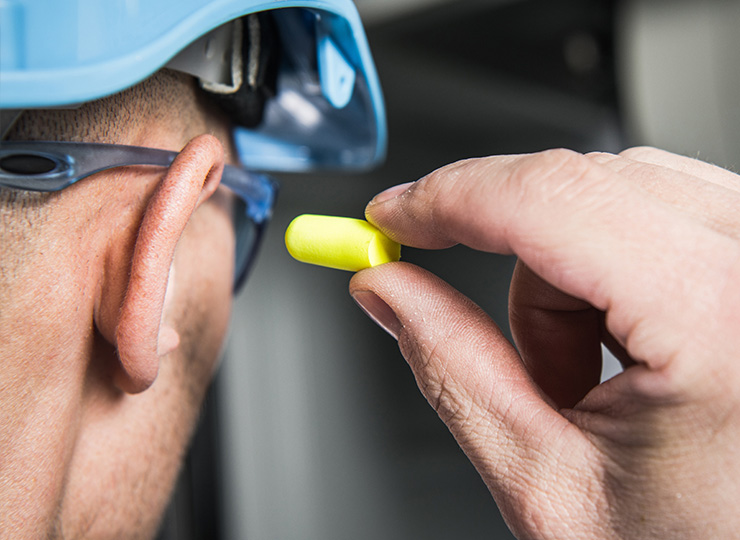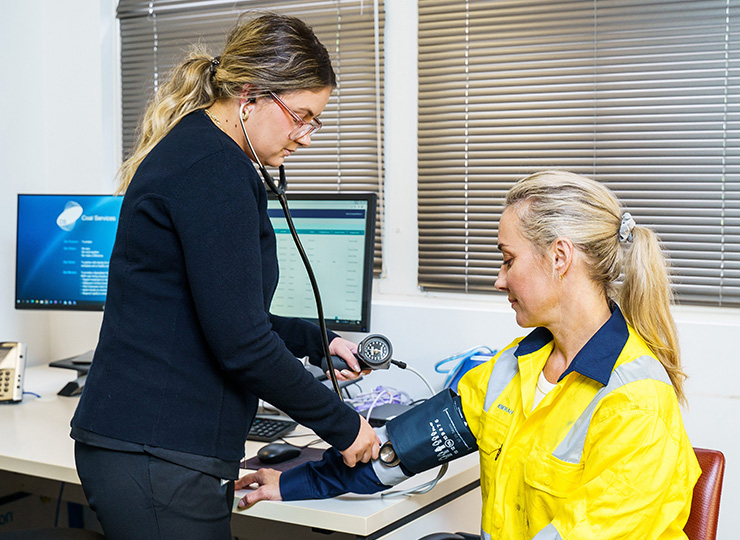Industrial deafness, also known as noise-induced hearing loss (NIHL), is permanent.
It is also preventable.
NIHL is caused by excessive noise. It can be temporary or permanent, depending on the degree of a person’s exposure to noise. In the NSW coal mining industry, the noise hazards arising from equipment and processes leave workers exposed to risk. As a coal mine worker, you should be aware of workplace noise exposures and implement effective noise control strategies to minimise risk.
| Physical effects | Social and work effects |
|---|---|
| Tinnitus (ringing in the ears) | Social isolation |
| Distorted, dulled muffled hearing | Lower self-esteem |
| Difficulty hearing in some situations e.g. telephone, crowded places | Depression |
| Increased blood pressure | Stress |
| Reduced ability to hear alarms or warnings | Anxiety |
| Disrupted sleep from tinnitus | Difficulty concentrating |
| Difficulty hearing high-pitched sounds | Increased absenteeism |
| Fatigue | Reduced productivity |
| Headaches | Difficulty communicating |
If you experience any of the above symptoms, be sure to wear personal hearing protection and/or get your hearing tested. Hearing loss usually occurs gradually, so you may not realise it until it’s too late. The good news is that hearing loss can be prevented if noise is controlled and personal hearing protection is worn.
Statistics on underground noise
Longwall operators: 92.0 dBA is approximately equivalent to 1.6 hours for unprotected exposures; which is the same as an 8 hour dose of noise at 85 dBA. Continuous miner operators: 91 dBA is approximately equivalent to 2 hours of unprotected exposures; which is the same as an 8 hour dose at 85 dBA.
Coal Services provides hearing protection fit testing, which tests how much noise reduction is being offered by different types of hearing protection, specific to an individual worker. Contact CS Health for more information.
How can you prevent industrial deafness?
- be aware of noise sources in your workplace
- use correct working procedures to reduce noise
- report damaged equipment or noise controls
- participate in job rotation to reduce exposure
- wear appropriate hearing PPE correctly
- attend your regular medical assessments for hearing tests.
For further information about NIHL and how you can prevent it, please download our ‘Managing noise in the coal industry to protect hearing’ booklet.

Learn more about industrial deafness
Share this page

